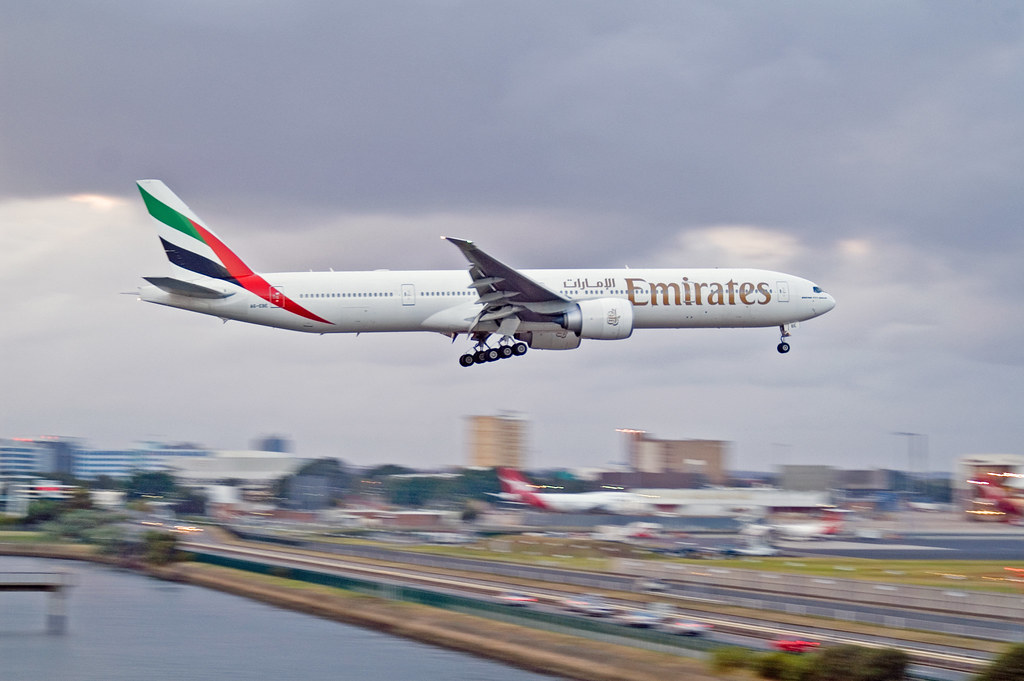In a recent revelation that underscores the ongoing challenges faced by Boeing Co., the aerospace giant has encountered yet another setback with its 737 Max jet. Misdrilled holes in the fuselage, a critical component of the aircraft’s structure, have been discovered, leading to potential delays in the delivery of approximately 50 jets. This issue, originating from a supplier, adds to a series of quality control concerns that have plagued the company and attracted regulatory scrutiny.
The discovery was made by an employee at a Boeing supplier, who noticed that two holes in the plane’s fuselage may not have met the exacting specifications required. The supplier in question, Spirit AeroSystems Holdings Inc., acknowledged the issue and is set to conduct the necessary repairs. This development has had an immediate impact on Boeing’s stock, which saw a 2.1% drop in New York trading, exacerbating a 20% decline experienced earlier in the year.
Boeing’s commercial chief, Stan Deal, addressed the issue in a note to staff, emphasizing that while the misdrilled holes do not pose an immediate flight safety issue, the company’s commitment to delivering ‘perfect airplanes every time’ necessitates rework on the affected jets. Deal’s memo, which Bloomberg News had access to, did not specify whether the in-service 737 fleet would require any action.
This latest quality lapse follows a near-catastrophic panel blowout on an Alaska Airlines 737 Max last month, prompting the Federal Aviation Administration (FAA) to intensify its oversight of Boeing’s manufacturing and supplier systems. The FAA has also imposed a cap on 737 production until the company demonstrates improvements in quality.

Boeing’s challenges with quality control are not new. Last year, a drilling fault on an aft pressure bulkhead supplied by Spirit AeroSystems slowed deliveries of the 737 Max, Boeing’s most crucial cash flow generator. Earlier in 2023, issues with tail-fin fittings also affected output.
The recent fuselage defect is part of a series of ‘glitches’ traced back to Boeing’s former aerostructures unit. The company has taken steps to mitigate the impact of unfinished work by instructing a major supplier to halt shipments until all work is completed to standard. This measure, while affecting the production schedule, is aimed at enhancing overall quality and stability.
Boeing’s commitment to quality is further tested as the company faces intense scrutiny following a string of incidents involving its aircraft. The FAA’s increased presence on the production line and the cap on production rates are indicative of the regulatory body’s concerns over Boeing’s manufacturing processes.
The company’s CEO, Dave Calhoun, has acknowledged Boeing’s role in these quality issues, stating, ‘We caused the problem.’ Calhoun has engaged in discussions with customers, regulators, and congressional leaders to address their frustrations and work towards regaining their confidence.
As Boeing navigates through these turbulent times, the company’s focus on improving its quality practices is paramount. The aerospace industry, which relies heavily on the duopoly of Boeing and its European counterpart, Airbus, is keenly watching how Boeing will emerge from this ‘last chance saloon’ scenario. With safety as the utmost priority, Boeing’s efforts to restore its reputation and ensure the reliability of its aircraft are critical not only for the company’s future but also for the broader aviation sector.
Related posts:
Boeing Finds More Misdrilled Holes on 737 in Latest Setback
Boeing finds problems with fuselages on its 737 jets in latest manufacturing issue
Boeing flags potential delivery delays after learning of misdrilled holes in some 737 MAX fuselages





